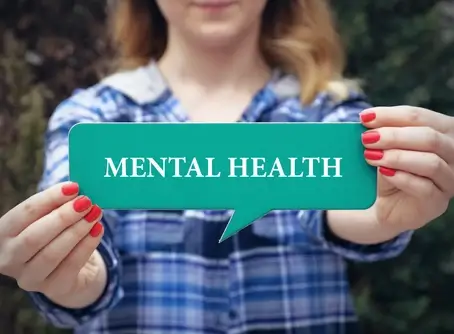Mental Illness and the pre COVID-19 situation
-
45% of the total Australian population will experience diagnosed anxiety or depression during their lifetime.
-
20% of the population will have diagnosed depression or anxiety each year.
-
54% of those diagnosed do not seek treatment.
The post COVID-19 situation
-
Psychology and psychiatric authorities estimate that every individual is now ‘carrying’ a 10-15% overlay to normal levels of anxiety as a result of COVID-19.
-
Results of a recent study to investigate the immediate psychological outcomes among the Chinese population have revealed the following: of 1210 respondents from 194 cities in China, 53.8% of respondents rated the psychological impact of the (COVID-19) outbreak as moderate or severe; 16.5% reported moderate to severe depressive symptoms; 28.8% reported moderate to severe anxiety symptoms; and 8.1% reported moderate to severe stress levels.
-
In March, Lifeline reported a 25% increase in the number of calls received.
The importance of looking after the health of your employees is elevated further right now due to the lack of visibility of employee wellbeing due to work from home arrangements. Your employees are disconnected from the frequent, face to face experience they would have with their peers if they were in an office environment, thus reducing the opportunities available to observe and notice their physical and mental wellbeing.
Research informs us of the following expected (alarming) outcomes of loneliness & isolation due to COVID-19:
-
Loneliness increases the risk of depression by 15.2%. It is linked to poor health behaviours, poor sleep (leading to daytime dysfunction – low energy, fatigue) and poorer immune function (leading to greater risk of COVID-19 infection, cold or flu).
-
Isolated employees are less productive, make poorer decisions and are less committed to their employers. Specifically, 40% of lonely workers feel less productive, 38% make mistakes and 36% report getting sick more often.
-
Increased risk of diabetes, heart disease, depression, anxiety, and substance use. This creates a need for impacted individuals to take time off work or miss work due to illness or stress. It is also linked with risky drinking behaviours, which has an obvious flow on effect to work performance and productivity.
-
There is an increased production of cortisol, the stress hormone, which leads to impaired cognitive performance, lower capacity to think strategically, creatively and with “solution focused” thinking. This is problematic for productivity and business outcomes.
-
Loneliness has the same impact on mortality as smoking 15 cigarettes per day, making it more dangerous than obesity – a widely recognised public health issue.
-
Greater social connection is associated with 50% lower odds of early death. It also boosts your mental health. From psychological theories to recent research, there is significant evidence that social support and feeling connected can help people maintain a healthy body mass index, control blood sugars, improve cancer survival, decrease cardiovascular mortality, decrease depressive symptoms, mitigate posttraumatic stress disorder symptoms, and improve overall mental health.
-
Workers who feel disconnected and lonely are less engaged and productive compared to those who are not feeling as lonely. Research clearly states that loneliness is linked to lowered productivity, physical and emotional stress, withdrawal from colleagues and work commitments and lower performance – both individually and as a team. Promoting social connection and a sense of belonging promotes engagement of workers, and an increased focus and desire to do well.
-
The risk of premature death associated with isolation is similar to the risk of premature death associated with obesity.
Much like obesity, there is plenty we can do to mitigate and prevent these risks. The workplace, regardless of where it may be (ie. Working from home or not), provides an effective platform for this. Contact us today to discuss the many options available for your workforce.
Sources:
-
Workplace Loneliness Report – A future that works, Dr Lindsay McMillan
-
https://www.healthline.com/health-news/loneliness-in-the-workplace#How-loneliness-affects-workers
-
http://workplacementalhealth.org/Mental-Health-Topics/Loneliness
-
https://www.mindwise.org/blog/uncategorized/the-importance-of-social-connection/
-
https://www.workforce.com/news/workplace-loneliness-is-sad-for-people-and-bad-for-business
-
https://www.blackdoginstitute.org.au/docs/default-source/factsheets/facts_figures.pdf?sfvrsn=8

